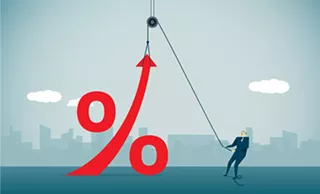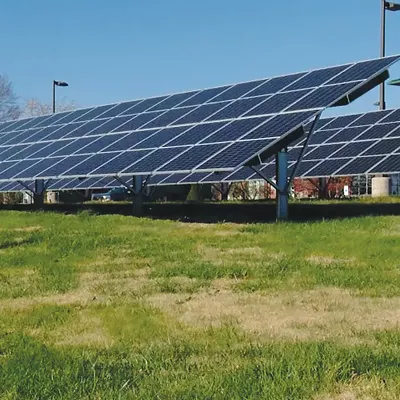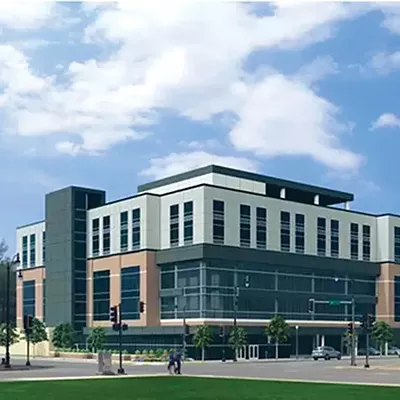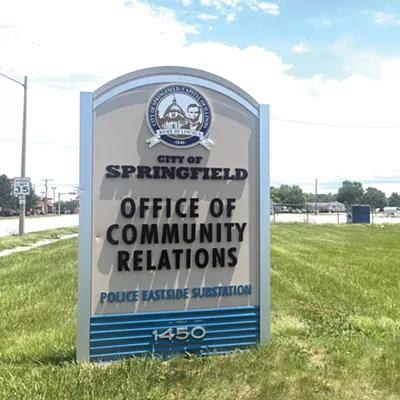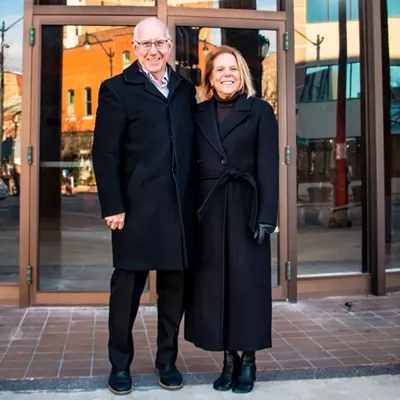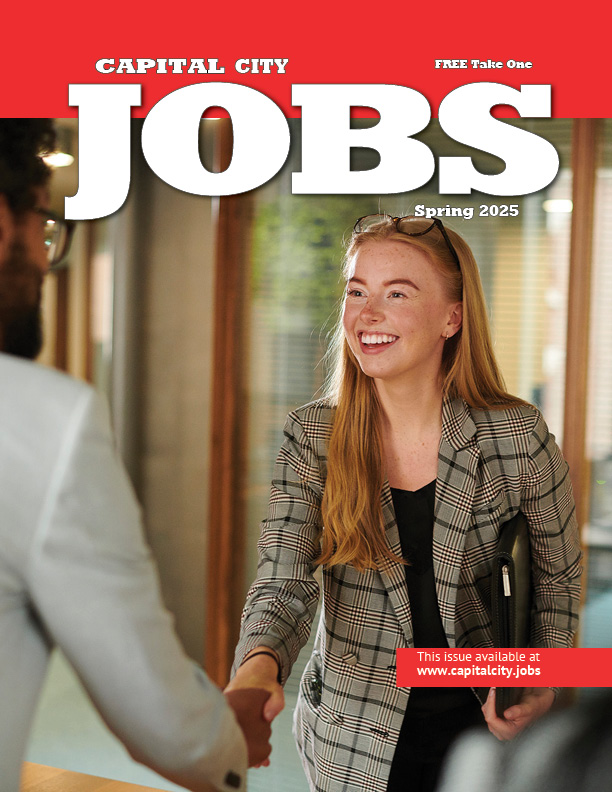Inflation is the name of the game in 2023, with higher prices for consumers and the Federal Reserve continuing to increase interest rates in hopes of countering rising costs.
"In order to get inflation under wraps, the need to increase interest rates has become problematic," said Joel Oschwald, market president at First Bankers Trust Company. "Rates have nearly doubled since a year-and-a-half ago. That translates into real dollars out of folks' pockets and changes how we look at loans."
It wasn't long ago when the money inserted into the economy through COVID-19 stimulus payments made banks flush with cash and eager to make loans. "In 2022," said Oschwald, "things went very well for banks. There was a lot of pent-up activity, and folks were looking to make investments. A lot of that has slowed up; bankers are pretty cautious. If we're going to get involved, it has to be well-vetted."
With the Federal Reserve now taking money out of the system, "banks are starting to see balances drop," said Oschwald. With the increasing costs of essentials such as food and rent, many consumers do not have funds to put away for the proverbial rainy day, decreasing the amount of cash banks have on hand to loan out.
The lack of cash for banks has "made it more of a race for deposits. For a good part of 15 years, getting deposits wasn't as big a concern," said Darren Jones, executive vice president and chief lending officer at Security Bank. This "war for deposits" has led to some exceptionally good interest rates for CDs, as well as other niche products that banks offer, in hopes of attracting new depositors.
"All the banks are going to be chasing deposits into the near future for a while, trying to keep the balance sheet liquid because banks make the most money if they can lend that money out," said Jones.
On the mortgage side, Jones said that one of the biggest changes is the 30-year mortgage rate, which has jumped from 4-5% last year to 7.5% this year due to inflation. This does not encourage refinancing, though some people are still purchasing homes in this less-than-ideal environment in hopes of being able to refinance when mortgage rates do finally come down.
"A lot of reasons people are buying now is because of inventory" Jones said. "There was a shortage on inventory and some people have been sitting on the sidelines for some time. When inventory becomes available, they are ready to move on it."
Another trend Jones is seeing is more home equity lending with second mortgages. "People are now saying, 'Our first mortgage is locked in with such a low interest rate, so we're going to upgrade our home to how we want it,' rather than purchasing a new home with higher interest rates," Jones said.
Jones advises something to look at closely is commercial real estate loan repricing. "In the next 12-24 months, maybe a bit longer, across the nation there's around $300 billion of commercial real estate that will reprice."
Commercial lending is typically set with interest rates locked in for five years and then repriced at the current interest rate. "You've got a lot of these businesses that were in the rate of 3-4%, and the rate will potentially reprice close to 8%, if not higher. The fear I have is they may have more of a struggle affording the payment at 8% compared to where they were at," Jones said. Increased payments due to higher interest rates will be passed along to commercial tenants, who also may struggle to make payments.
One other trend in the banking industry which has been steady for the last few years is the difficulty in attracting and maintaining staffing talent, specifically entry-level staff. Although banks may offer above-market pay and take care to highlight staff they think may have a future in other areas of the bank, it's still a struggle.
Oschwald said, "Some of this is the demographic shift with the aging population retiring, and that reduces the workforce faster than we're able to replace it with younger people."
Even with the challenge of inflation, Oschwald said that the overall economy is still pretty strong. "I know that on the individual level, people's pocketbooks are hurting because of inflation. However, people still have jobs, and that makes for a very complicated economic environment."

